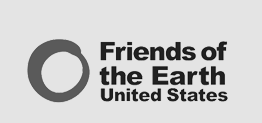JBS, the world’s largest meat processing company, has been linked to illegal deforestation and land invasions in Brazil’s Apyterewa Indigenous Territory, home to the Parakanã people. Despite legal protection, over 98% of deforested land in Apyterewa has been converted to illegal cattle pastures, with cattle from these areas entering JBS’s supply chain through 'cattle laundering.' This has occurred despite JBS's 2009 commitment to trace its supply chain.
The Parakanã people, demanding reparations from JBS and its financiers, are leading efforts to reforest their land. Financial institutions, including the BNDES, have begun reducing investments in JBS due to the company’s ongoing environmental and human rights violations. This case underscores the need for stronger corporate accountability and supply chain transparency to protect Indigenous lands and the Amazon rainforest.
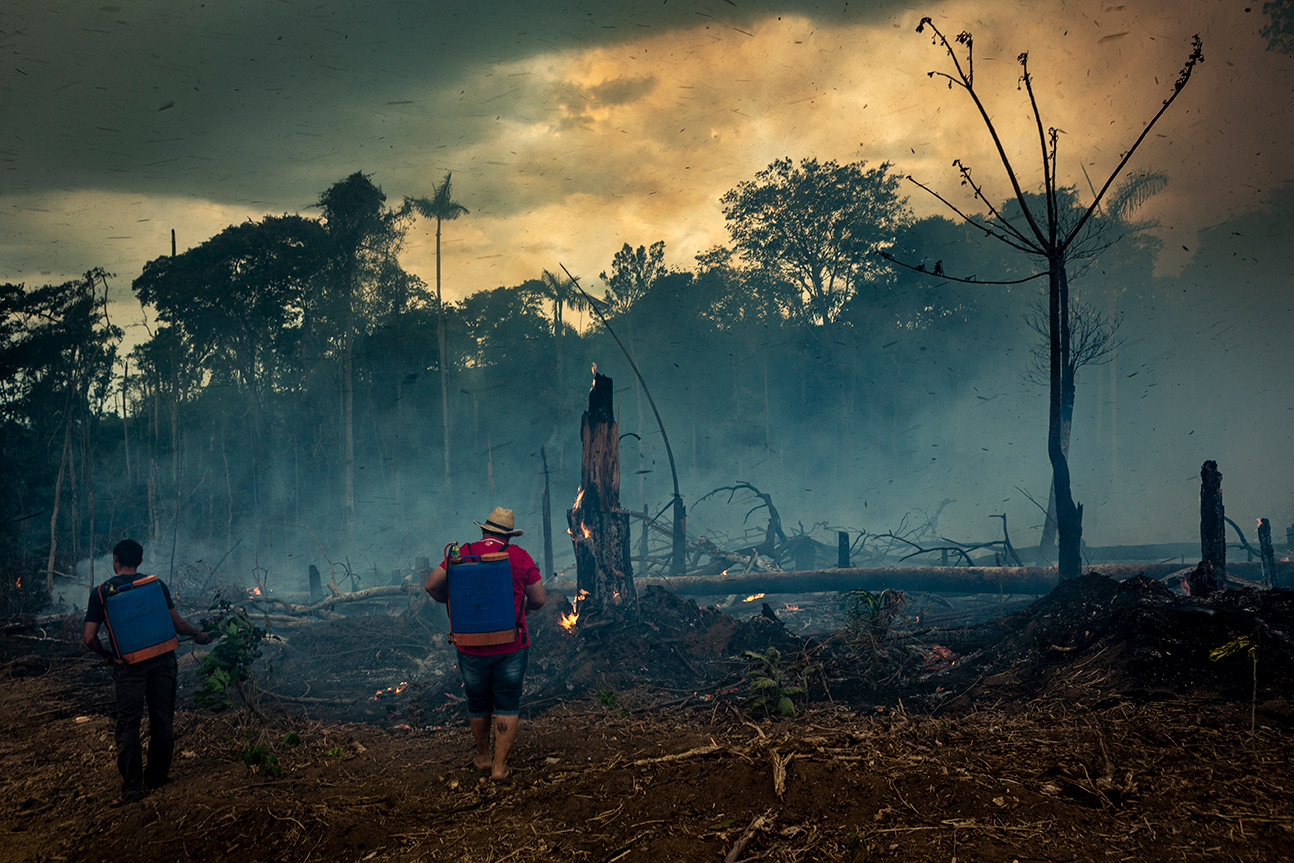
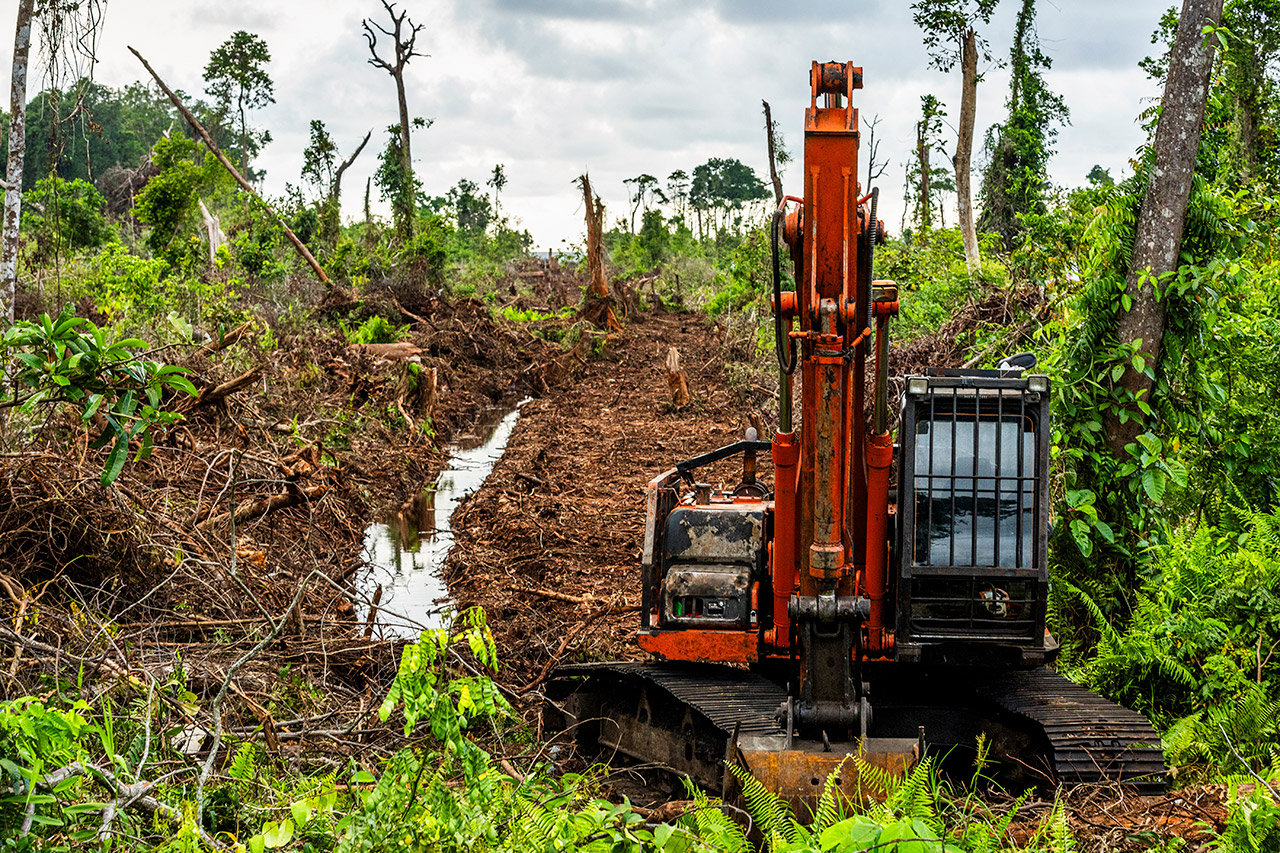
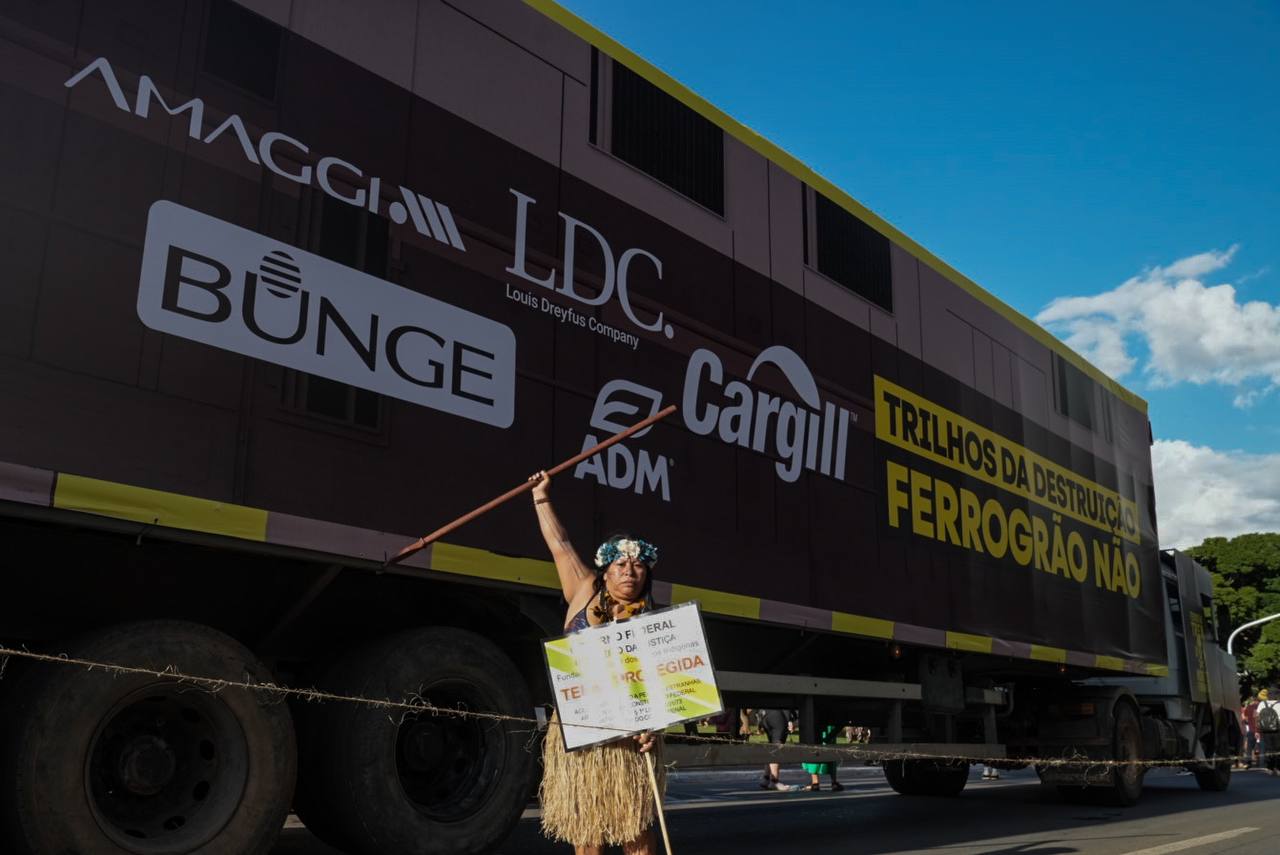
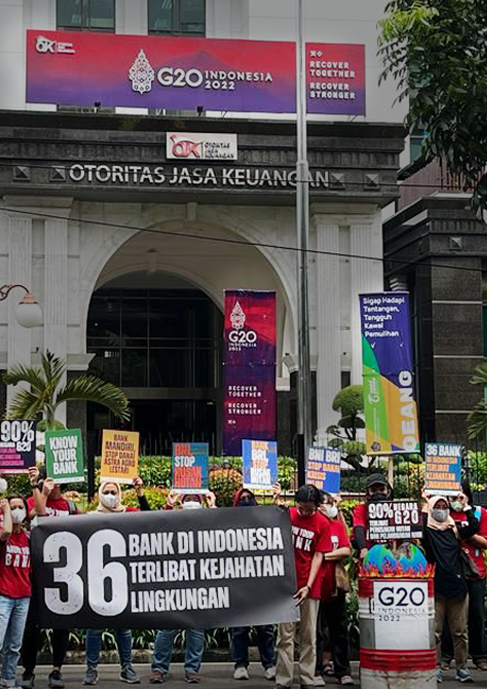
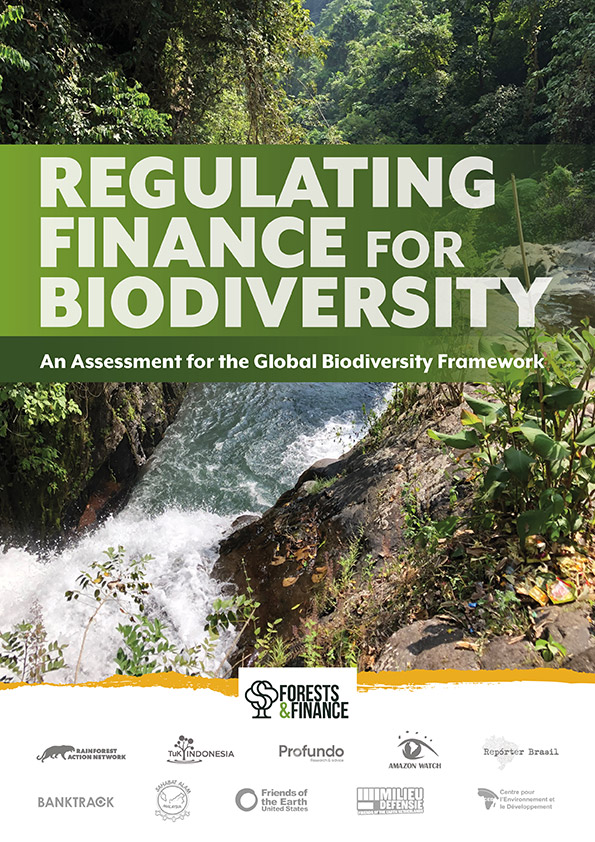
 Emma Rae Lierley
Emma Rae Lierley





